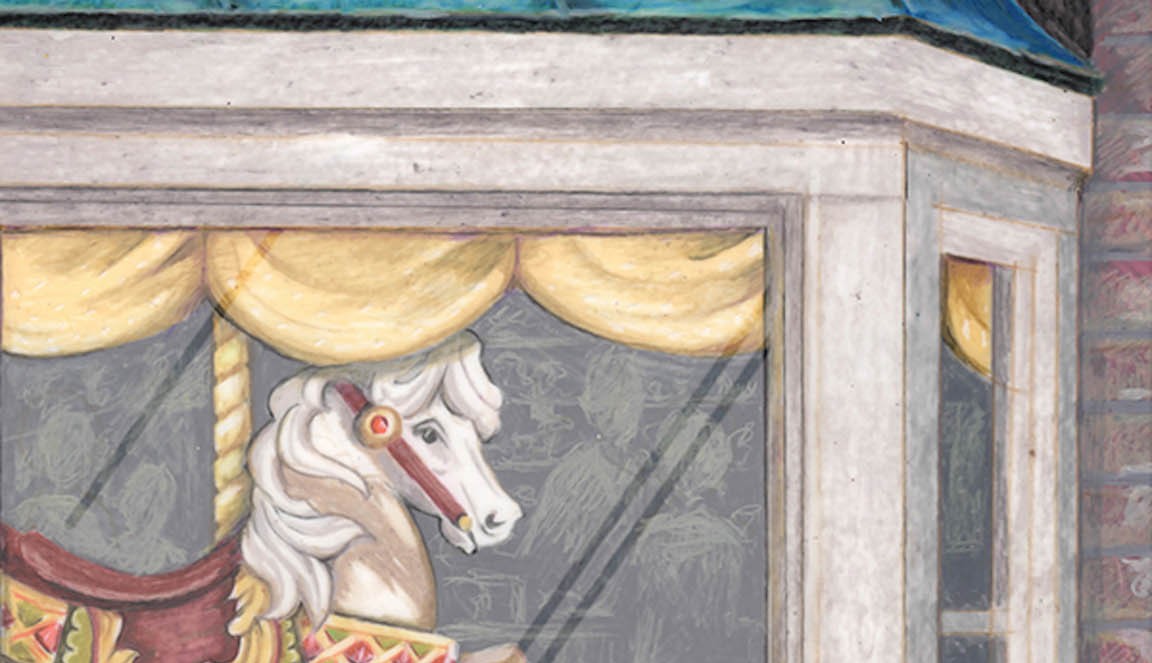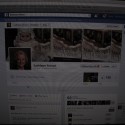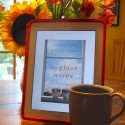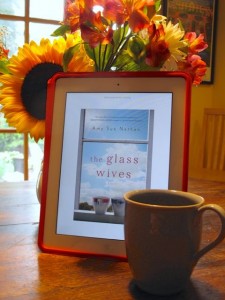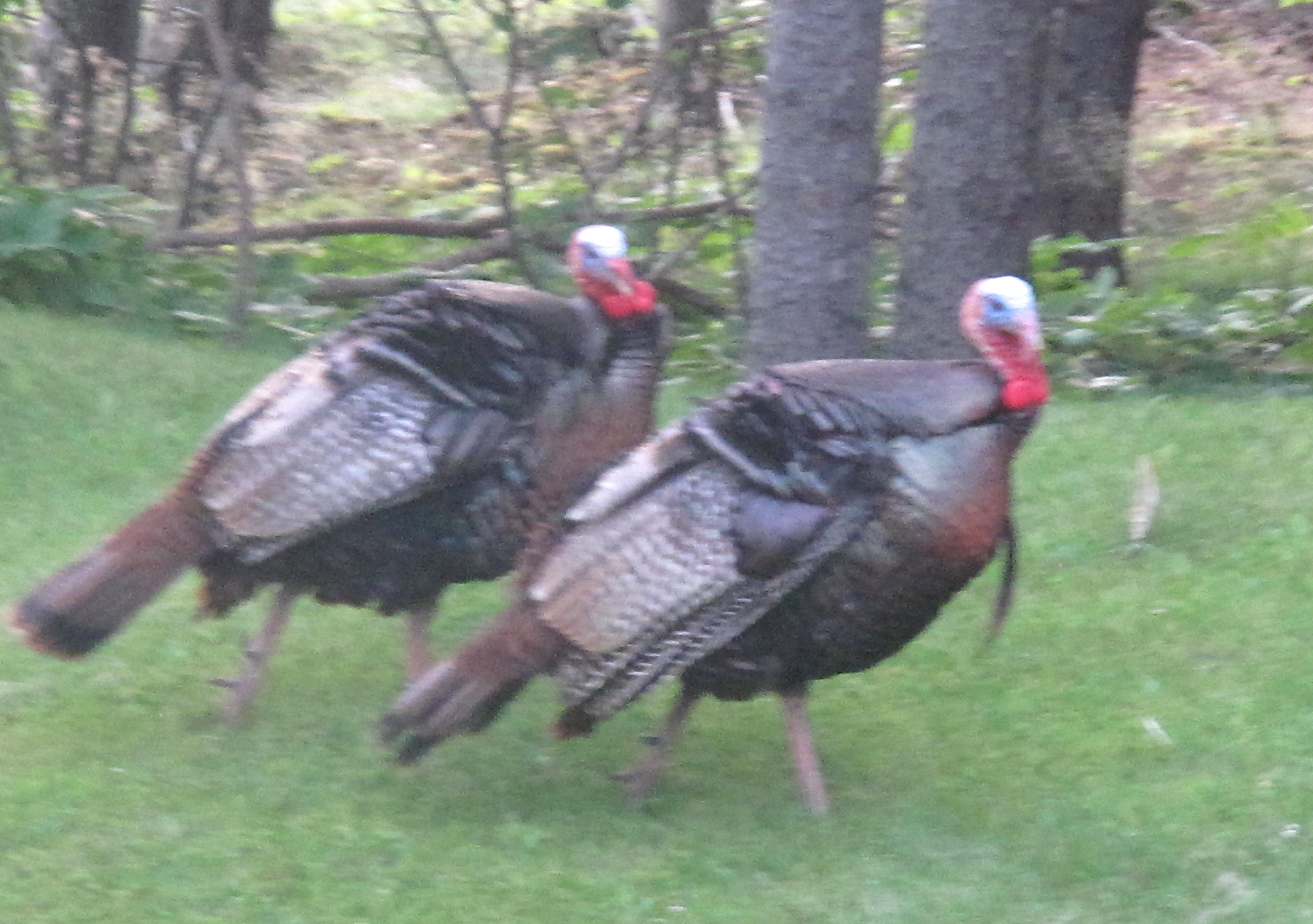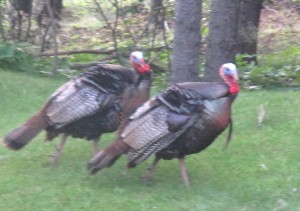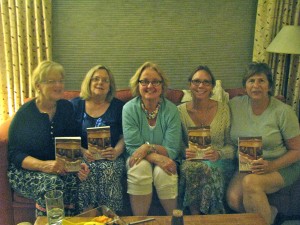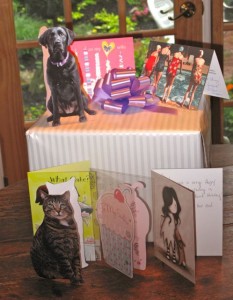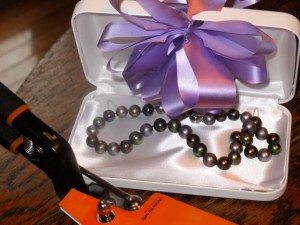Facebook’s Siren Song
“One can be absolutely truthful and sincere even though admittedly the most outrageous liar.” – Henry Miller
It is considered a “Best Practice” of blogging to end each post with a question. The point being, if you end with a question, you will stimulate your readers to make a comment. I admit that I haven’t had much luck with that, and as was recently pointed out to me by the anonymous blog reader I live with, I haven’t been doing it in my last few posts.
Today, in an effort to change things, I am going to start with a question. How soon after you get out of bed do you log onto Facebook? You get up, brew your coffee, and log on. Right? Okay, maybe you don’t, but the chances are great that you are “on Facebook” at some point because you are reading this blog.
Writers are funny. We are just like you, each with our own unique pluses and minuses; we also are constantly observing and taking notes. What I have noticed is that Facebook provokes a whole spectrum of reactions. From what I have observed, people fall into three general categories: Love, Indifference, and Terror.
People who love Facebook are “on” it constantly. “Wait, just let me check my Facebook.” Do you say that? Are you one of those people who live your life in fear that you might have missed “liking” something? Have you ever said, “I can’t believe that she or he didn’t like that!”? Do you often push poignant, patriotic or religious requests to “please like this page or picture” out to you friends? If you answered yes to these questions, then you love Facebook.
Indifferent Facebook users are people who originally got “on” to please someone else. They are told, “You have to get on Facebook.” So they do. These people can by spotted instantly when they have no profile picture. You often hear them saying, “Nah, I’m never on that thing. Who has time for that?” However, they often know or even better, live with, someone who loves Facebook and that person or persons reports back to them all interesting developments. My husband falls into this category. He misses nothing but remains pure. Sometimes these people even check Facebook out themselves. The difference is, they don’t hear its siren song.
Terrified peopled are those who believe Facebook will steal their souls, their spouses, children, pets, home, money, etc. I know some of these people. They believe Facebook is out to destroy them and all civilized society.
My Facebook story began with little fanfare five years ago. I had a friend who was battling cancer who asked me to join and be friends with her. I would have done anything she asked me to; it was not a big deal to signup. I made the usual mistakes like posting what should have been a private message on my page. Fortunately, the message was pretty tame, so no harm was done.
My daughter moved to Ireland in 2009. Facebook provided me a way to know what she was doing in real time and also chat with her spontaneously. I saw pictures of her new friends and the neighborhood where she lived. It was a wonderful way to stay connected.I have two nieces in Arkansas I have never met, but because their mother post videos of them on her Facebook page, I feel I know them. After I published my book, MacCullough’s Women, I set up an author page to connect to my readers.
Facebook is not without drawbacks. Like most powerful tools, it should be used with care. The information you place on your Facebook page can be seen by others and may be remembered. People both stalk and lurk, so security and privacy is critical.
I think, used correctly, Facebook is a good thing and brings people closer. I do check Facebook everyday, sometimes before I have my coffee. What about you? Which category do you fall into?

